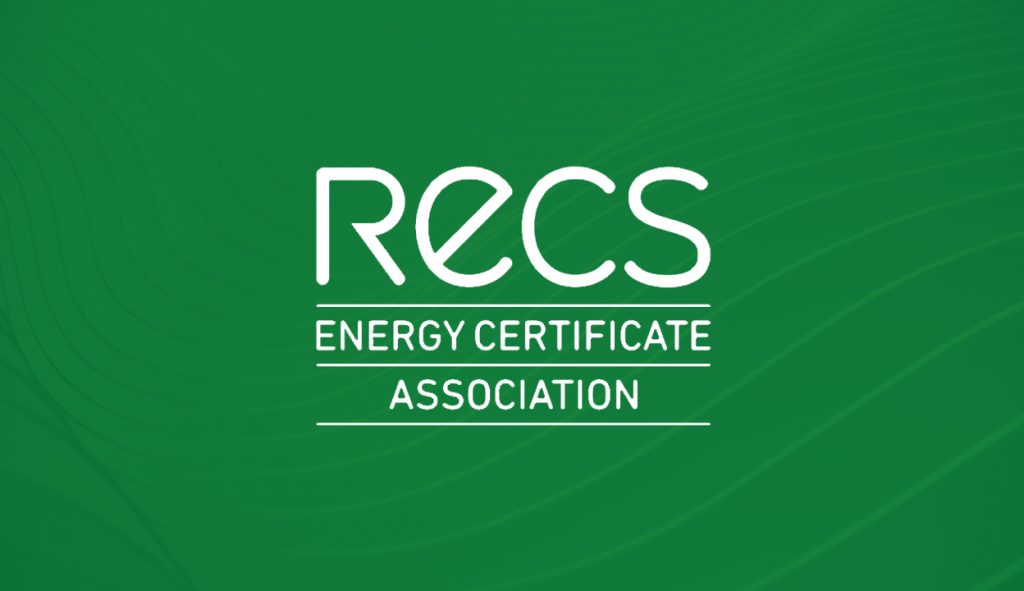Andreas Gunst, Chariman of the RECS International legal taskforce, has reviewed the recent EEAG draft guidelines. His response is seen in its entirety below:
Limiting the response to where renewable energy sources is concerned, the wording of the new (unofficial) draft of the Guidelines on environmental and energy aid materially differs from the version circulated for consultation.
The earlier version of the Guidelines regulated that the schemes do not need to be open to other EEA or Energy Community countries as long as Member States "duly explain the reasons for the absence of a cooperation mechanism". Following comments raised during the consultation process, in particular about potential non-alignment with the RES Directive, this requirement changed. According to the current version, the schemes do not need to be open to other EEA or Energy Community countries "if Member States have no cooperation mechanism in place or where the cooperation mechanism prevents the use of a competitive process".
Following a number of comments raised in the consultation process about its inapplicability and arbitrariness, the distinction between deployed and less deployed renewable electricity technologies was altogether abandoned. Further on, no detailed regulation of aid granted in support of biofuels and bioliquids exist anymore. The wording almost entirely changed and is now grouped into two main parts – operating aid to electricity from renewable sources and operating aid to energy from renewable sources other than electricity. In points 1 and 2 below we summarise their main features. Parts on aid for existing biomass plants after plant depreciation and aid granted by way of certificates, however, remain in somewhat amended form (see point 3 below).
1 Operating aid to electricity from renewable sources
1.1 As of 1 January 2015, all new aid schemes and measures – other than those granted to installations of less than 500 kW or, in case of electricity from wind, of 3 MW or 3 generation units) – must adhere to these conditions (the Early Conditions):
- aid is granted as a premium in addition to the market price (premium) whereby the generators sell its electricity directly in the market;
- beneficiaries are subject to standard balancing responsibilities (unless no liquid intra-day balancing markets exists);
- aid cannot be granted if market prices are negative.
During the transition period (from 1 January 2015 until 1 January 2017):
- aid for at least 5% of the planned new electricity capacity must be granted in a genuinely competitive bidding process on the basis of clear, transparent and non-discriminatory criteria;
- bidding process does not have to be open to all generators producing RES electricity on a non-discriminatory basis.
1.2 As of 1 January 2017, granting of operating aid to new installations generating RES electricity is subject to the following conditions:
-
aid is to be granted in a genuinely competitive bidding process on a basis of clear, transparent and non-discriminatory criteria, unless Member States demonstrate that:
- only one or a very limited number of projects/sites could be eligible;
- bidding process would lead to higher support levels (e.g. to avoid strategic bidding);
- bidding process would result in low project realisation rates (avoid underbidding); and
-
all generators can bid for aid on a non-discriminatory basis, unless Member States demonstrate that this would lead to a suboptimal result which cannot be addressed in the process design in view in particular of:
- longer-term potential of a given new or innovative technology;
- need to achieve diversification;
- network constraints and grid stability;
- system (integration) costs;
- effects of supporting biomass on the raw material markets (Member States may exclude/limit electricity generation using biomass from bidding without any further justification, in which case no other operating aid may be granted to new installations generating electricity from biomass).
In the absence of bidding, the Early Conditions as well as those conditions applicable to energy from RES other than electricity (see point 2) apply.
No competitive bidding process is required for installations of capacity of less than [1] MW (for electricity from wind bidding is not mandatory for installations having capacity of 6 MW or 6 generation units). The aid is granted until full depreciation of the plant.
2 Operating aid to energy from renewable sources other than electricity
Operating aid is compatible if each of the following conditions is met:
- aid per unit of energy does not exceed the difference between the total levelized costs of producing energy (LCOE) for the particular technology in question and the market price of the form of energy concerned;
- LCOE may include a normal return on capital (investment aid is deducted from the total investment amount in calculating LCOE;
- production costs are updated regularly, at least every year; and
- aid is granted until full depreciation of the plant.
3 Aid granted by way of certificates
As a result of abandonment of the concept of deployed and less deployed technologies, this part of the Guidelines substantially shortened. The current version provides that no differentiation in support levels through green certificates may be applied unless Member State demonstrates the need for a differentiation on the basis of justifications set out in point 1.2 above. The Early Conditions apply when technically possible.

